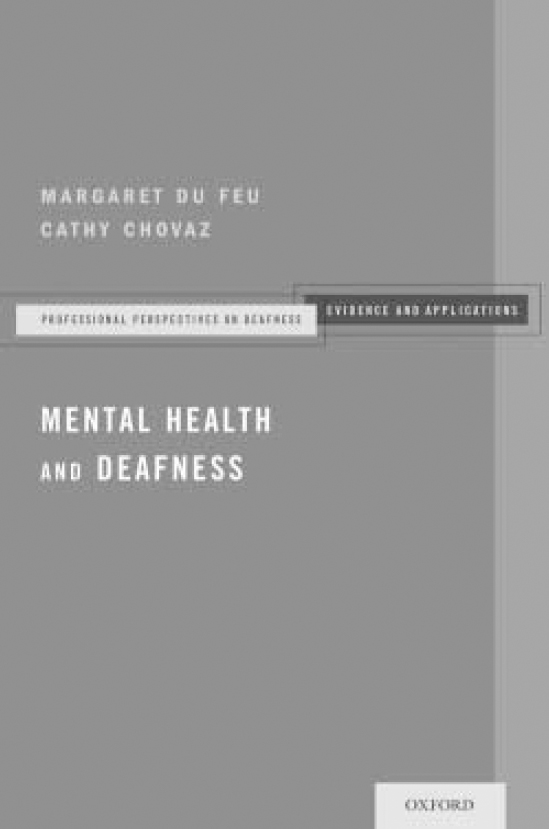
Like the authors of this book, I work as a consultant psychiatrist with adults who have been deaf from an early age and communicate in sign language. Unlike the authors, I am hearing and when I go home at night I switch back into the hearing world. Both authors are deafened and rely on sign language to communicate. This book is remarkable in that it is the first textbook on mental health and deafness written by deaf professionals, a consultant psychiatrist and Canada’s first-ever deaf clinical psychologist.
From my perspective the two greatest challenges in working with this patient group are sharing their experiences of discrimination and abuse and the difficulty mainstream health services consistently have understanding and meeting their needs. This book has been written for clinicians who have relatively little experience working with deaf children and adults and is designed to be an introductory text for mainstream clinicians to better equip them to serve the needs of their patients.
It is beautifully written and as a result it is an easy and entertaining read, with illustrative case studies that provide windows into the real-life world of deaf people. Humour, pathos and tributes to the resilience of deaf people are woven adroitly into the clinical narrative. The content covers broad facts about deafness and deaf people in society, moving on to discuss deaf children’s early development and the massive impact on them of communication and education choices made for them by others.
Assessment, diagnosis and treatment of mental disorders in deaf children, adolescents, adults, older people and deafened and deaf-blind people are all covered. The sections on taking a history and working with interpreters are particularly detailed and helpful.
I recommend this book to mainstream clinicians and to all the clinicians already working with deaf people. Reading it opens one’s mind to the unusual experiences and presentation of mental illness in a group who have a different perspective on the world and who ‘hear’ through their eyes.





eLetters
No eLetters have been published for this article.